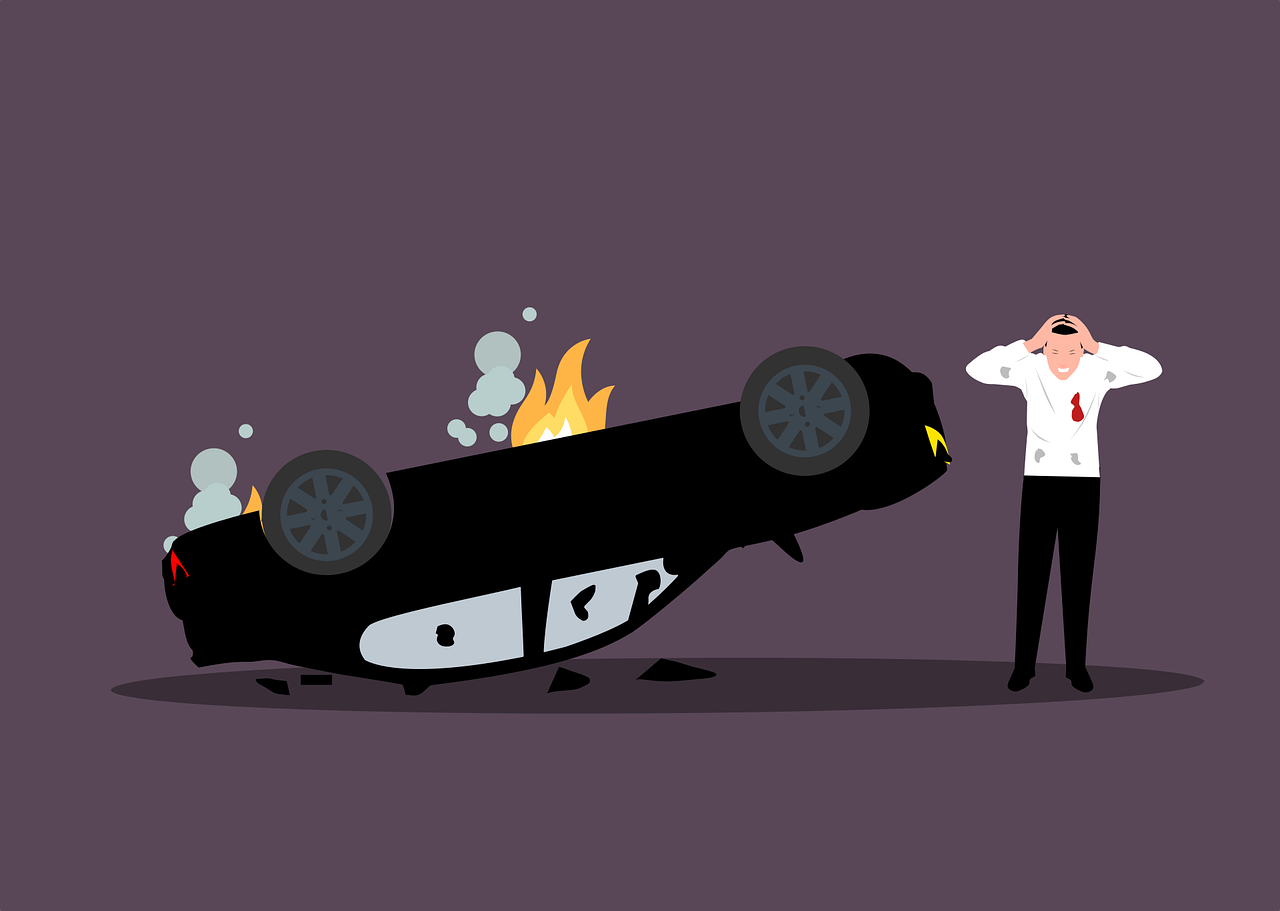Car accidents can have devastating consequences for both drivers and passengers. From physical injuries to emotional trauma and financial burdens, the aftermath of a crash often leaves victims struggling to regain control of their lives. Fortunately, the legal system provides various remedies to help those injured in collisions recover compensation and pursue justice. Whether the accident was a minor fender bender or a major collision, knowing your legal rights is essential.
Understanding Liability in Car Accidents
Determining Fault
One of the first steps in pursuing a legal remedy after a car accident is determining who was at fault. Liability can rest with:
- A negligent driver (e.g., distracted, intoxicated, or speeding)
- A commercial entity (e.g., trucking company or rideshare service)
- A government agency (for unsafe road conditions)
- A vehicle manufacturer (if a defect contributed to the crash)
Determining fault often involves reviewing police reports, collecting witness statements, analyzing vehicle damage, and even working with accident reconstruction specialists.
Shared Liability and Comparative Negligence
In some cases, more than one party may share blame for the accident. Many states follow a comparative negligence rule, which allows injured parties to recover damages even if they were partially responsible for the collision. The compensation is typically reduced by the percentage of their fault.
Legal Rights of Injured Passengers
Unlike drivers, passengers are rarely held liable for a crash, which usually strengthens their position in injury claims. Passengers can pursue compensation through:
- The at-fault driver’s insurance
- The other driver’s insurance (if a multi-vehicle crash)
- Their own Personal Injury Protection (PIP) or MedPay coverage
- Filing a personal injury lawsuit if insurance is insufficient
Passengers have the right to seek recovery for medical expenses, lost wages, pain and suffering, and future care needs.
Legal Options for Injured Drivers
Injured drivers who are not at fault have several legal options to pursue compensation. These include:
Filing an Insurance Claim
Most victims begin by filing a claim with the at-fault party’s auto insurance company. However, navigating insurance procedures can be complex, especially when insurers undervalue or deny valid claims.
Pursuing a Personal Injury Lawsuit
If an insurance settlement is inadequate, victims may file a personal injury lawsuit to seek full compensation. A lawsuit allows for recovery of both economic and non-economic damages, including pain and suffering, emotional distress, and diminished quality of life.
Leveraging Uninsured/Underinsured Motorist Coverage
If the at-fault driver lacks sufficient insurance, victims may turn to their own policy’s uninsured or underinsured motorist (UM/UIM) coverage.
Types of Compensation Available
Legal remedies for injured victims may include:
- Medical expenses: hospital bills, surgery, medication, rehabilitation
- Lost wages: current and future income losses
- Pain and suffering: physical discomfort, chronic pain, and emotional trauma
- Loss of consortium: for spouses or partners affected by the victim’s injuries
- Property damage: vehicle repairs or replacement
In cases involving gross negligence or reckless conduct, punitive damages may also be awarded to deter similar behavior.
Proving Negligence in a Personal Injury Case
To successfully obtain compensation, the injured party must establish that:
- The defendant owed a duty of care
- The defendant breached that duty through negligent or reckless conduct
- That breach caused the accident
- The victim suffered actual damages
Evidence plays a crucial role in proving negligence, including medical records, accident scene photos, video footage, and expert testimony.
Statute of Limitations: Don’t Miss Your Window
Every state imposes a time limit within which injury victims must file a legal claim, known as the statute of limitations. In many states, this period is two to three years from the date of the accident, though it varies. Missing the deadline may result in the permanent loss of the right to recover damages.
Why Legal Representation Matters
Navigating personal injury laws and negotiating with insurance companies can be overwhelming, especially while recovering from injuries. Working with an experienced car accident lawyer helps victims:
- Understand their legal rights
- Accurately estimate the value of their claims
- Gather and present strong evidence
- Negotiate better settlements
- Prepare for trial, if necessary
For insights on choosing effective representation, this resource on the top qualities to look for in a car accident lawyer provides helpful guidance.
Government Safety Resources and Data
Staying informed about traffic safety can help prevent future accidents. The National Highway Traffic Safety Administration (NHTSA) offers up-to-date research, recalls, and policy guidance aimed at improving road safety across the country.
Steps to Take Immediately After an Accident
Prioritize Health and Safety
Call 911, seek immediate medical attention, and ensure all parties are safe. Even if injuries seem minor, it’s important to be evaluated by a healthcare professional.
Document the Scene
Collect names, insurance information, photos, and witness statements. This documentation can be critical for future legal claims.
Report the Accident
File a police report and notify your insurance company as soon as possible. Keep detailed records of all communications and expenses.
Consult with a Lawyer
Legal professionals can assess your case and help you take the next steps. You can learn more about Friedman & Simon, a firm experienced in advocating for injury victims.
Understanding Your Legal Support Network
Victims should feel empowered to seek help and hold negligent parties accountable. There are many resources and legal professionals ready to assist. For example, listings of attorneys are available on various platforms, which can help victims connect with trusted legal counsel.
Conclusion
Collisions can change lives in an instant. Whether you’re a driver or passenger, understanding your legal remedies is crucial to recovering both physically and financially. From negotiating insurance settlements to filing personal injury lawsuits, legal avenues are available to ensure victims don’t carry the burden alone. Consulting an experienced attorney can make all the difference in achieving fair compensation and moving forward after a traumatic event.





